The “Ginseng of women”
Dāng Guī, or Radix angelicae sinensis, is a plant commonly used in Chinese pharmacopoeia. A highly versatile herb, it finds its strength in the treatment of women’s health problems, particularly deficiencies and blood stasis. Often referred to as “Woman’s Ginseng” for its indispensable contribution to Traditional Chinese Medicine (TCM) gynecology, Dāng Guī literally translates as “state of return”. This reflects its ability to restore a state of health.
However, it benefits people of both sexes thanks to its various properties: warming, nourishing, moistening and invigorating. Chinese angelica is used for a wide range of conditions, including musculoskeletal, dermatological and digestive disorders.
Herbaceous plant of cool climates
Dāng Guī is a large, fragrant, herbaceous perennial grown in cool, humid climates at high altitude. It is found in the provinces of Gansu, Sichuan, Shaanxi and Hubei in China, as well as in the mountainous regions of Korea and Japan.
The plant grows to around one metre in height. It has grooved purple stems, large bright green leaves and large flat clusters of small white flowers that bloom in summer. It is the roots that are used in Chinese pharmacopoeia. These are harvested in autumn, when the plant is three years old.
The roots are then carefully cleaned, dried, slowly smoked and cut into thin slices. The best quality roots seem to come from Gansu province, and are long, moist and fragrant.
Although the whole root is generally used, different parts of it are attributed to different functions: the head (Dāng Guī tou), the body: Dāng Guī shen, the tail: Dāng Guī wei.
Dāng Guī is prepared in a variety of ways, depending on the desired effect.
Chao Dāng Guī (dry-roasted) is warmer, drier and less invigorating to the blood, making it more suitable during pregnancy.
Jiu zhi Dāng Guī (wine-roasted) and cu zhi Dāng Guī (vinegar-roasted) have a stronger blood-toning action. Finally, charred Dāng Guī (tan Dāng Guī) is hotter and stops bleeding.
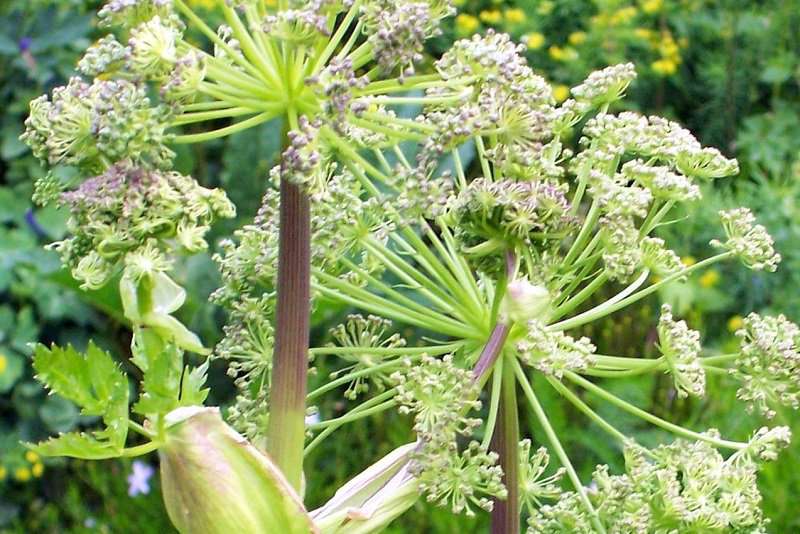
Nourishes and tones the blood
Dāng Guī is one of the most popular Chinese herbs. For nourishing the blood, it is the main TCM medicine. Its sweet (tonifying) nature, tones the blood; its pungent, bitter nature drains and harmonizes the blood; its hot nature, nourishes the blood, dispels cold and penetrates the organs that store, generate and control blood (liver, spleen and heart).
Dāng Guī has a strong, sweet, earthy flavor with a bitter aftertaste. Its slightly pungent, warm aroma and taste, which attacks the tongue a little, is a reminder of its invigorating energy.
Dāng Guī is therefore included in prescriptions for blood deficiencies manifested by signs and symptoms such as pale complexion, dizziness, fatigue, dry skin, blurred vision, palpitations and tinnitus.
It is recommended in all cases of anemia.
- Actions: invigorates the blood, tones the blood
- Tropism: heart, liver, spleen
- Taste: sour, bitter, sweet
- Temperature: warm
Treats menstrual disorders
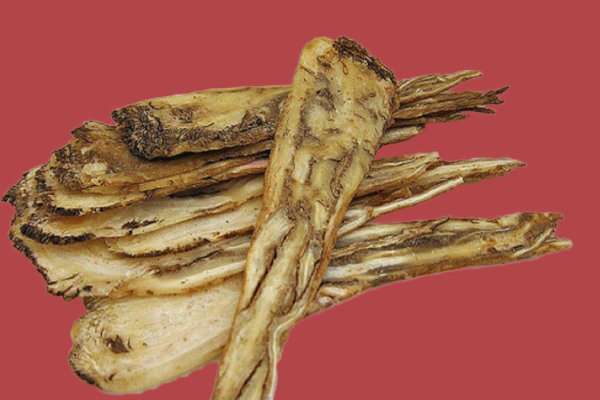
As mentioned above, “women’s ginseng” plays a special role in women’s health, particularly in regulating menstrual disorders such as premenstrual syndrome, amenorrhea, and painful or irregular periods.
It is generally recommended for most gynecological conditions rooted in blood deficiency, particularly those associated with blood stasis and/or cold.
Dāng Guī is also often used to moisturize the intestines and relieve constipation due to dryness, which is a common consequence of blood deficiency.
Finally, it is a valuable medicine for many skin conditions (wounds and abscesses with swelling and slow-healing wounds).
The legend of Dāng Guī
According to Chinese legend, once upon a time, a young married couple lived happily ever after. One day, the husband was forced to leave their home to prove his strength and courage by going into the mountains to survive the dangers of the environment and collect medicinal herbs. When he left, he asked his wife to wait three years for his return. He said that if he didn’t return after that time, it meant he was no longer alive and she would have to find a new love.
Three years passed, and he didn’t return, so she found a new love and remarried. Shortly afterwards, the husband returned. His wife was heartbroken to have remarried. Her heartache weakened her condition, and she fell ill with sadness, no longer wanting to live.
When he learned of her condition, the man brought her some of the herbs he had found in the mountains during his absence. She ate them, hoping they would be poisonous, but the herbs did the opposite, and she regained her health. The herb was then named Dang (meaning “state of”) Gui (“return”).
This story illustrates the power of this plant’s medicinal properties, which are found in many Chinese pharmacopoeia preparations.

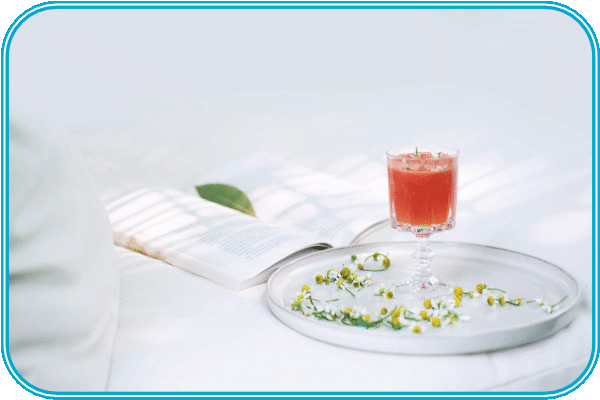
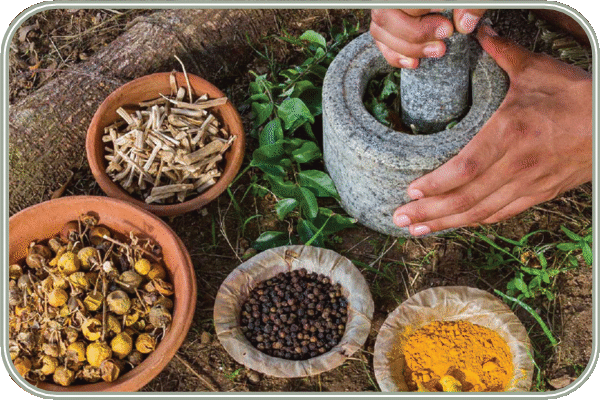

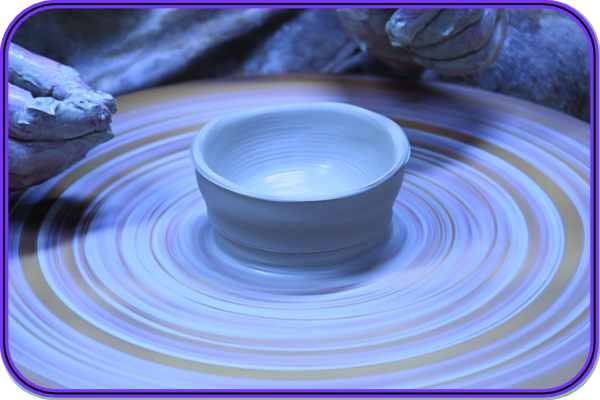

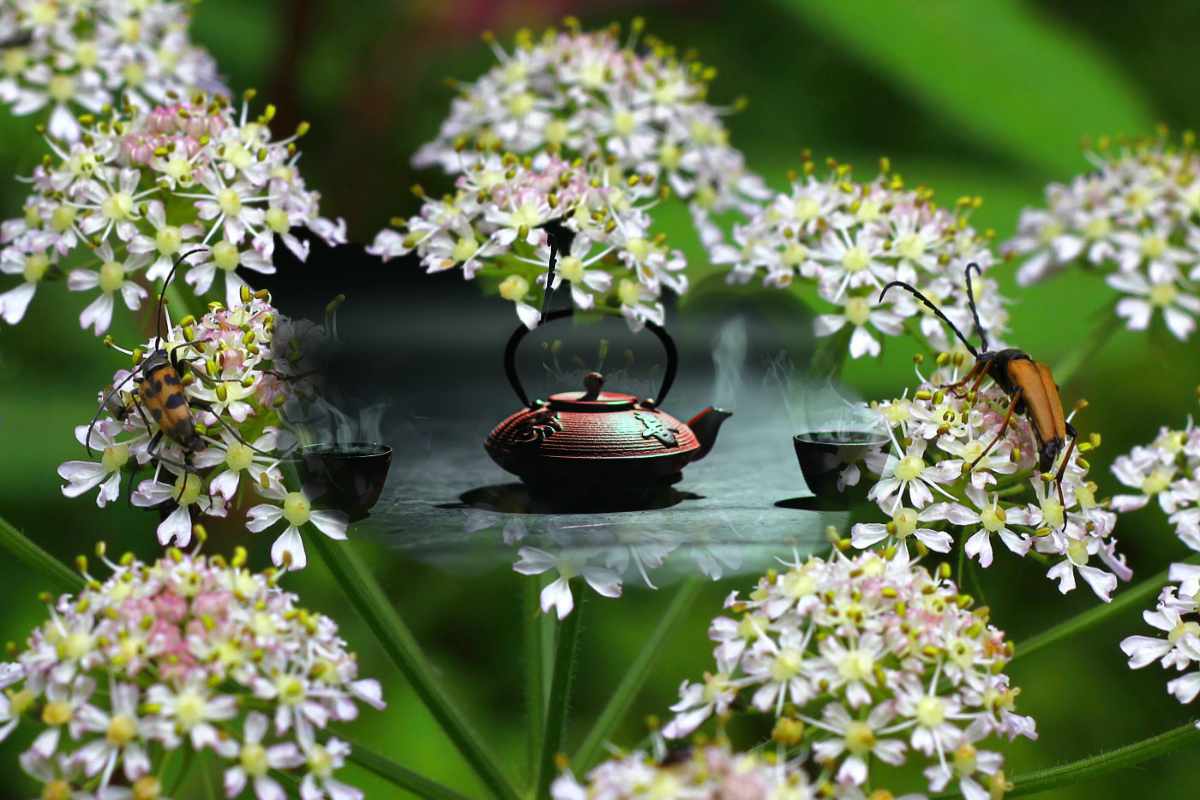
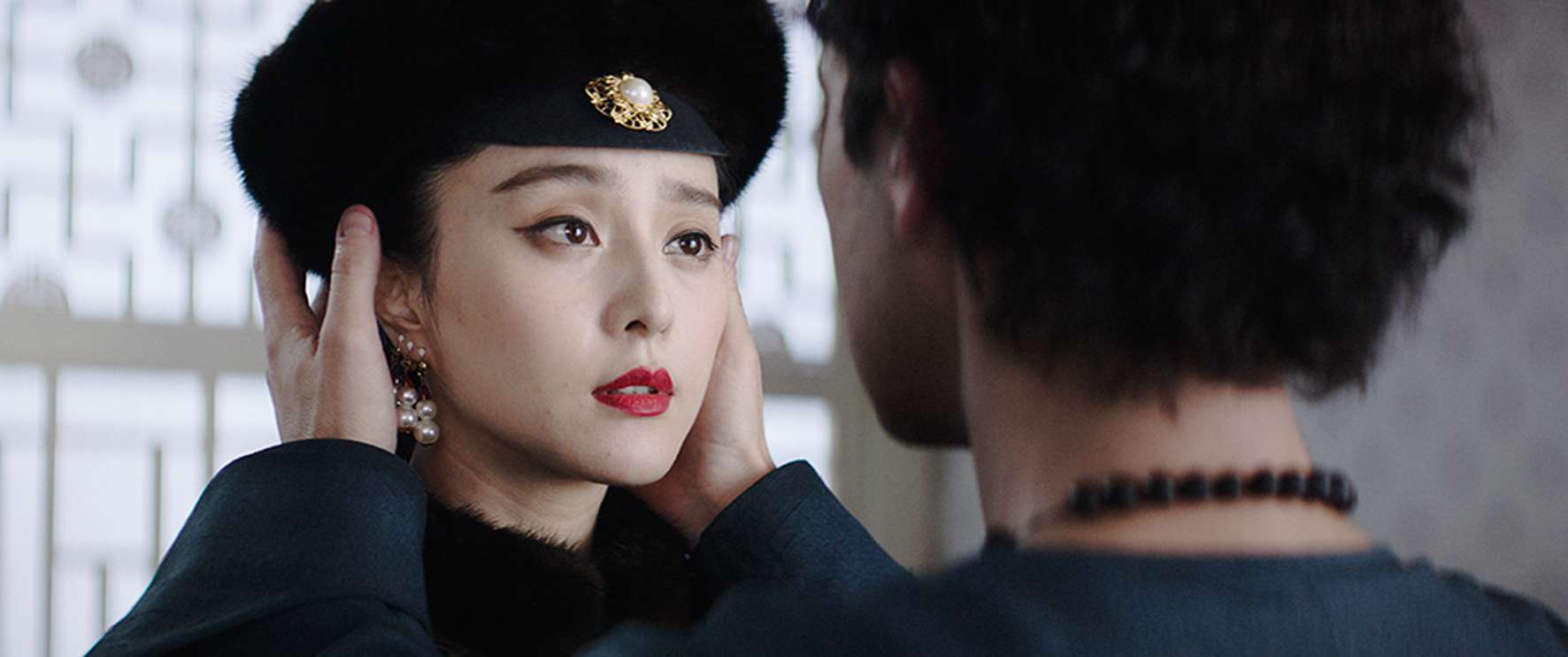
0 Comments